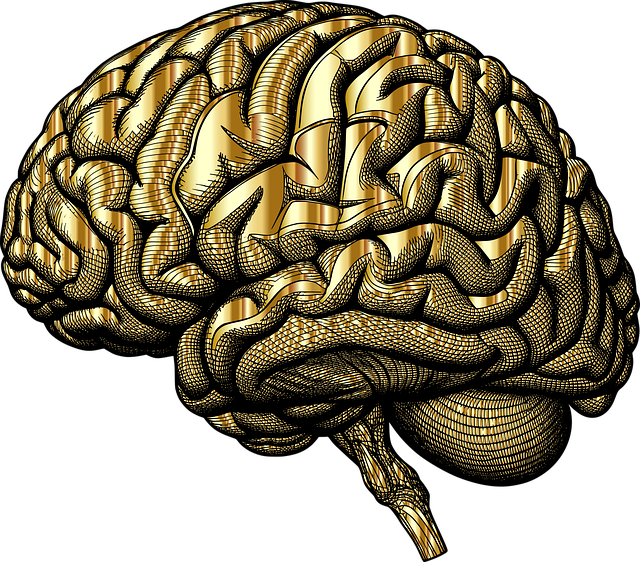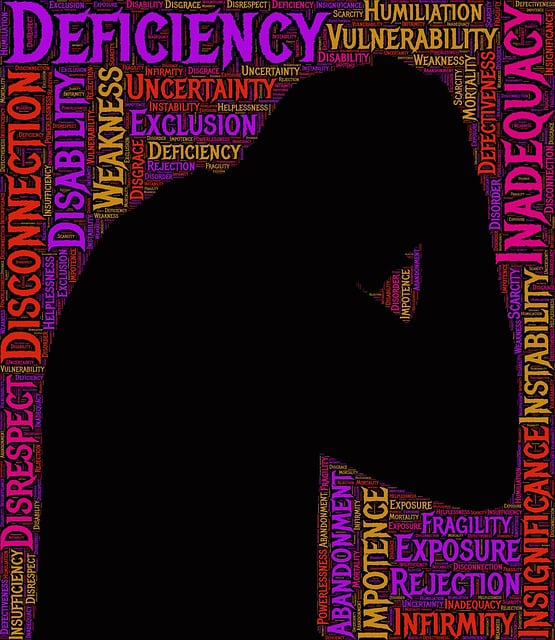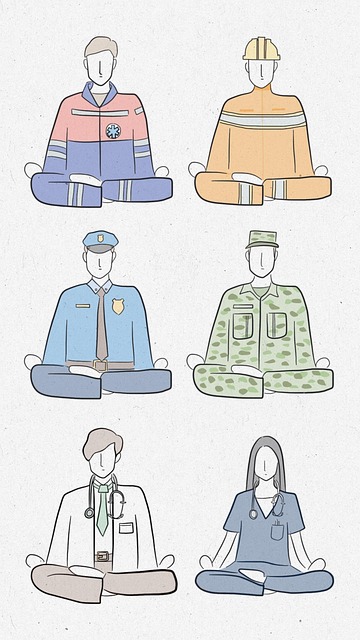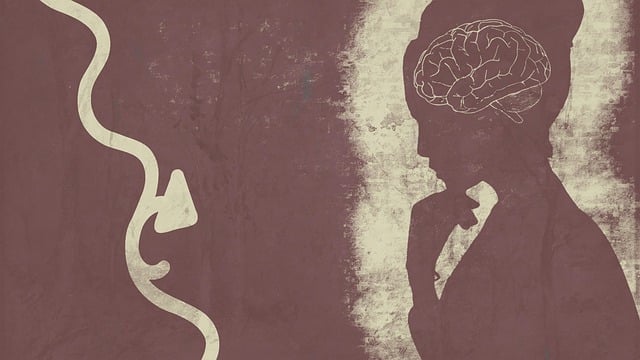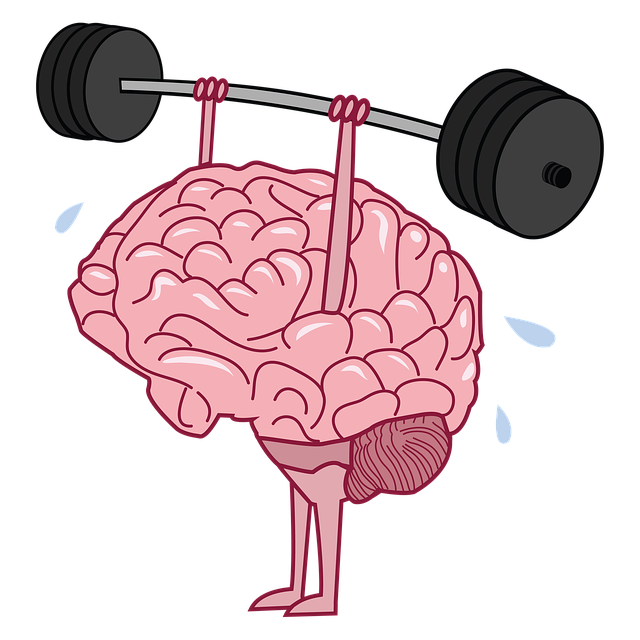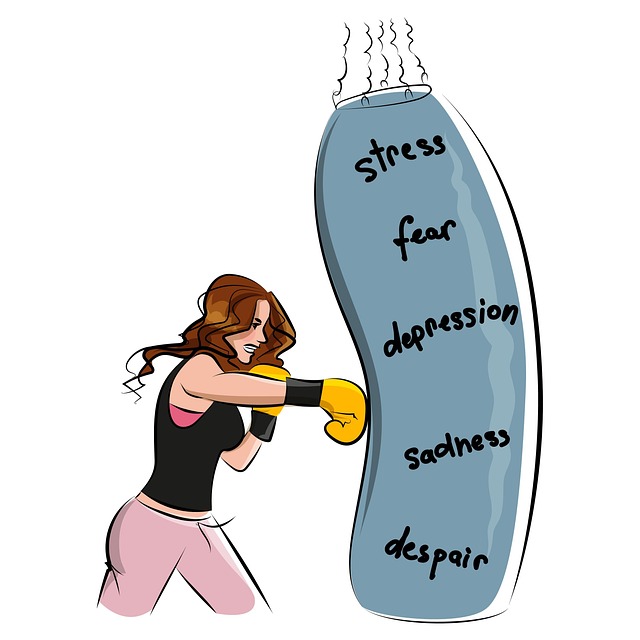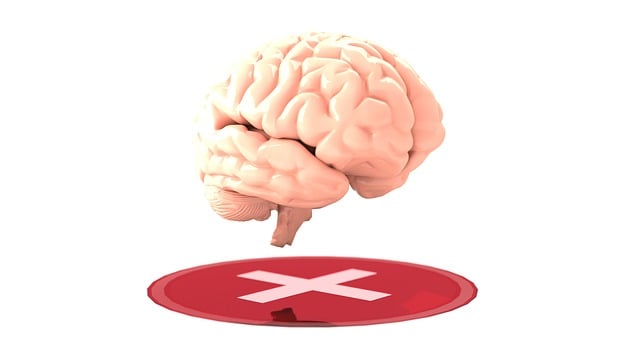Coping skills development is essential for young children's emotional well-being, especially in therapy. Techniques like Somatic Experiencing (SE), focusing on mind-body connection and trauma processing, empower kids to regulate emotions and reduce anxiety. SE integrates physical sensations and innate healing abilities, enhancing mental wellness through play-based activities. This approach improves social skills, academic performance, and overall mental health, offering long-lasting benefits for vulnerable children.
Coping skills development is a vital component of therapy for young children, offering strategies to manage stress and emotions effectively. This article explores the significance of these skills in pediatric therapy, delving into innovative approaches like Somatic Experiencing, a unique method for trauma healing. We present practical strategies for therapists and share inspiring success stories that demonstrate the profound impact of coping skills training on young minds, especially when tailored to their needs.
- Understanding Coping Skills and Their Significance in Young Children's Therapy
- Somatic Experiencing: A Unique Approach to Trauma Healing for Kids
- Practical Strategies for Integrating Coping Skills Development in Clinical Practice
- Success Stories: Real-Life Impact of Coping Skills Training on Young Minds
Understanding Coping Skills and Their Significance in Young Children's Therapy

Coping skills are essential tools that help young children navigate and manage their emotions, behaviors, and stress responses. In the context of therapy for young children, understanding coping strategies is crucial. These skills empower kids to respond adaptively to challenging situations, promoting emotional resilience. Therapy techniques like Somatic Experiencing can facilitate this process by helping children connect with their bodies’ signals and develop healthier ways to process trauma or distress.
By integrating inner strength development and self-care routine creation into therapy, young clients gain tools for self-regulation. Social skills training also plays a significant role, fostering connections and healthy interactions with peers. These multifaceted approaches cater to various aspects of a child’s well-being, ensuring they not only cope but thrive in their personal journeys towards mental health and happiness.
Somatic Experiencing: A Unique Approach to Trauma Healing for Kids

Somatic Experiencing is a therapeutic approach tailored specifically for young children who have experienced trauma. Unlike traditional talk therapy, this method prioritizes the body’s natural healing abilities by focusing on physiological responses and sensory experiences. Through various techniques, such as guided imagery and movement exercises, kids can process traumatic memories in a safe and supportive environment. This unique therapy encourages them to reconnect with their bodies, helping to regulate emotions and reduce anxiety, which are crucial aspects of mental health awareness and depression prevention.
By targeting the mind-body connection, Somatic Experiencing facilitates coping skills development in children. It teaches them how to recognize and manage their physical sensations during stressful situations, enabling better emotional regulation. This early intervention can significantly impact their overall well-being, fostering resilience and healthy coping strategies that will serve them throughout their lives.
Practical Strategies for Integrating Coping Skills Development in Clinical Practice

Integrating coping skills development into clinical practice for young children is a vital step towards fostering mental wellness and promoting healthy emotional regulation. Therapists can utilize various practical strategies, drawing from evidence-based techniques like Somatic Experiencing (SE), to create a nurturing environment that supports these vulnerable individuals. SE, for instance, focuses on helping clients process traumatic or stressful events through physical sensations, encouraging them to connect with their bodies’ innate capacity for healing and stress reduction methods.
By incorporating mindfulness exercises tailored for young minds, deep breathing techniques, and sensory tools into therapy sessions, mental wellness becomes more accessible. These strategies not only teach children practical coping mechanisms but also enhance their ability to manage anxiety relief in everyday life. Through play-based therapies and age-appropriate activities, therapists can make these essential skills development fun and engaging, ensuring a positive therapeutic experience that encourages continued growth and resilience.
Success Stories: Real-Life Impact of Coping Skills Training on Young Minds

The real-life impact of coping skills training on young minds is a testament to its power and effectiveness. Many success stories emerge from therapy sessions, particularly those employing techniques like Somatic Experiencing. This form of therapy has shown remarkable results in helping children navigate through trauma, stress, and anxiety. By focusing on the body’s physical responses to emotional states, Somatic Experiencing empowers young individuals to regulate their feelings and gain a sense of control over their well-being.
These positive outcomes extend beyond the therapeutic setting, influencing various aspects of these young minds’ lives. Participants in coping skills training often experience improved academic performance, enhanced social interactions, and better overall mental health. Moreover, the skills learned can be applied to handle challenges as they grow up, serving as valuable tools for burnout prevention strategies among healthcare providers and stress management workshops organized within their communities. The integration of cultural sensitivity in mental healthcare practice further reinforces these benefits, ensuring that every child receives tailored support that respects their unique backgrounds and experiences.
Coping skills development is a powerful tool in young children’s therapy, offering a holistic approach to addressing emotional and psychological challenges. As demonstrated by the success stories and practical strategies outlined above, integrating these skills can significantly enhance the healing process, particularly through innovative methods like Somatic Experiencing. By equipping children with effective coping mechanisms, therapists facilitate their ability to navigate trauma and everyday stressors, fostering resilience and overall well-being. This tailored approach ensures that therapy for young children is not just about fixing problems, but empowering them to thrive.
